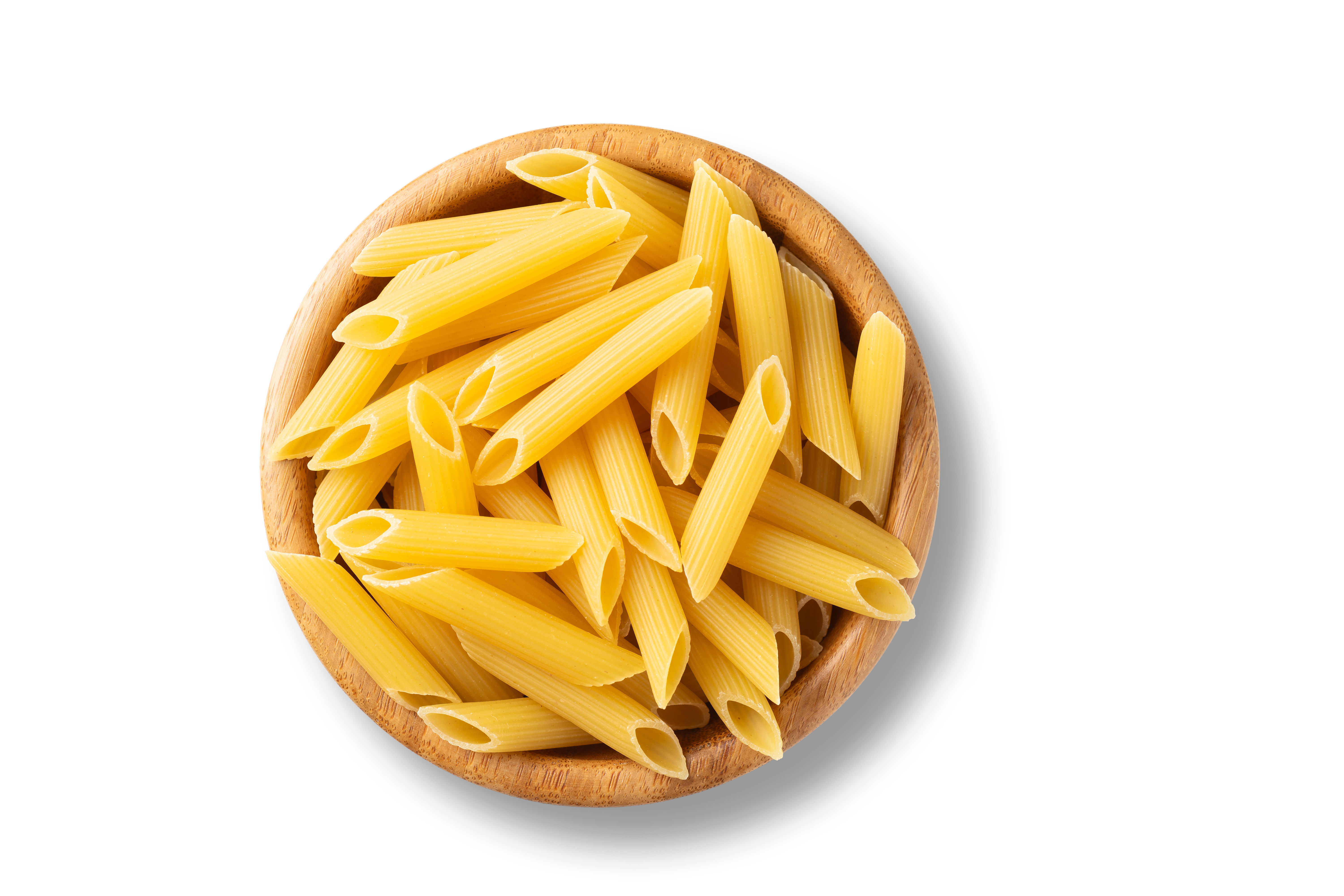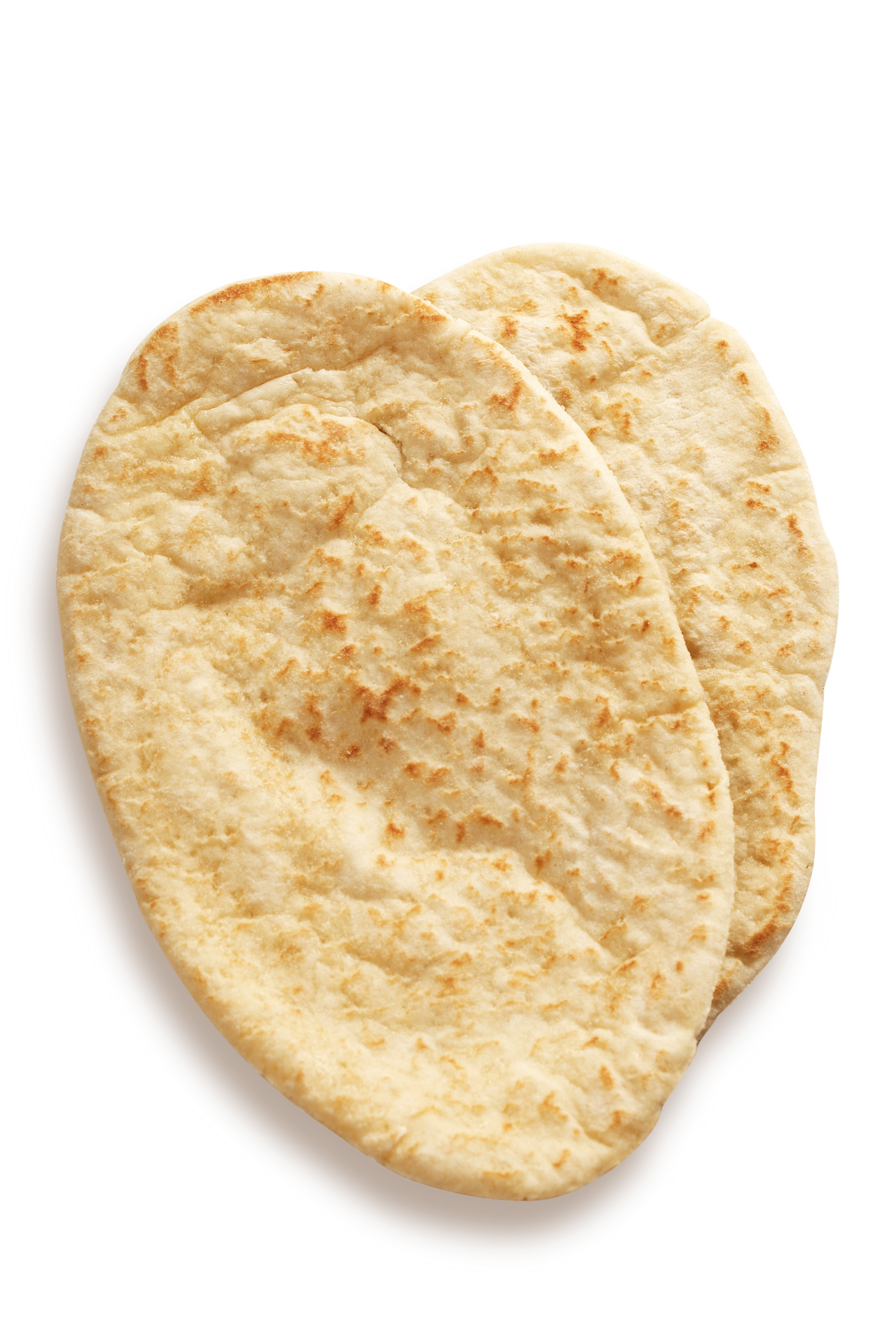
With food inflation at its highest point for 13 years and many families struggling to provide healthy meals for children at home, nurseries are finding themselves with an increased responsibility to fill the nutrition gap.
Latest data from The Food Foundation shows that among households with three or more children, 42 per cent have suffered some form of food insecurity in the past month, compared with 16 per cent of households with no children.
The Government's cost of living support package does not account for household size, and so larger families with more children are inevitably suffering most.
Storal nurseries, a growing group of 25 sites across England, is responding to these challenges with a commitment to providing hot food for its children and to educating them about a wide range of cheaper, healthy foods, through growing its own.
 Charlotte Roberts, head of operations South at Storal (pictured right), says, ‘We do recognise the impact the increased cost of food shopping is having on many families, and that some children may only have the one hot meal a day – which they receive at nursery. This is why we always supply hot meals.’
Charlotte Roberts, head of operations South at Storal (pictured right), says, ‘We do recognise the impact the increased cost of food shopping is having on many families, and that some children may only have the one hot meal a day – which they receive at nursery. This is why we always supply hot meals.’
The policy at Storal is to leave menu choices and sourcing supplies to the managers of its individual nurseries and chefs, as they can buy fresh local produce at the best price, working to their children's specific dietary requirements.
Roberts adds, ‘This is a good time to get children trying new foods – and self-service is key. Children are much more likely to try something new if they are part of the preparation/serving process. Another example of this is the vegetables children grow themselves – they are much happier to try courgettes when they helped to grow them.’
BEING COST-EFFECTIVE
 Bridget Brown, owner-manager and chef at Pebbles Childcare (pictured right), a home-based childcare setting in Worthing, West Sussex, says she is sharply feeling the impact of the recent hikes in expenditure.
Bridget Brown, owner-manager and chef at Pebbles Childcare (pictured right), a home-based childcare setting in Worthing, West Sussex, says she is sharply feeling the impact of the recent hikes in expenditure.
‘The increases in both energy and food prices have had a massive impact on our business – costs have gone through the roof. As a result, we have no choice but to increase our fees from April. Over the last few months my weekly food shopping bill has gone up by £15, and there's also the extra energy costs when cooking the food on top of that.’
Brown reports that although she seeks to reduce costs where she can, she always provides hot meals and doesn't cut back on portion sizes – ‘although it may be there are less seconds’.
‘I save money in ways that don't impact children's nutrition or enjoyment of their meals, such as buying filleted chicken thighs, never breast, and by no longer buying individual children's yoghurts. I now buy a big tub of plain Greek yoghurt and blitz in my own fruit, which is much more cost-effective,’ she says.
‘I only have one vegetarian child coming to us at the moment, so rather than make a single vegetarian meal each time, I make a big batch of a vegetarian recipe and freeze it until it comes up again on the three-week menu. I also try not to throw anything away unless I have to. For example, I made a stew for my family last night and there was some left over, so I blitzed it and added more veg for the children's stew today. Last week I had some extra white sauce from a lasagna, so I added some cauliflower and turned it into cauliflower cheese for our children.’
Brown says parents are notified of changes to their menus. ‘They trust my judgement to cover all the bases with their children's nutrition.’
HOT FOOD
While the energy crisis has raised questions about the affordability of hot food in nurseries, this is still a priority for many, including London Early Years Foundation.
LEYF's chef trainer, Sean Cowden, (pictured below right) says hot food supports the digestion process, enabling children to absorb more nutrients. ‘Serving hot food can also teach children to be more patient and teaches them about risk,’ he says.
His advice on economising energy use is to only use stove tops when necessary – ‘and turn them off when not using them instead of leaving them on low.
‘Also, don't over-fill your fridges and freezers. The more you have in your fridge/freezers, the more the motor has to work to circulate the cold air.’
When it comes to using the oven, he advises, ‘Plan your oven space. Do you have empty shelves in the oven while cooking? If you plan your oven time in advance, you can turn on the oven and cook as much in one go as you can before turning it off again.’
PORTION SIZES
Having a good knowledge of quantities required avoids waste and ensures each child is getting enough to eat, as well as providing the information required when it comes to negotiating deals with suppliers.
Cowden advises, ‘First look at the size of the plates and bowls the children are using. Try to use plates no bigger than 20cm in diameter and bowls no bigger than 12cm. Children are no different than adults when it comes to eating with our eyes. If the plates are too big, they will think they need to fill it.
‘When writing recipes, try to follow the Government guidelines on portion sizes for the four food groups (for example, 80g for most carbohydrates, 40g for most fruit and vegetables), then times by ten (so the recipe serves ten children). This will give you a clear indication of weights to order and cook.
‘If you were cooking for 35 children, you would require 2.8kg of the carbohydrate and you could order 3kg to ensure you have a little extra. If you use a menu cycle, it is prudent to write down what you ordered, how much you cooked and what was left over. This way you can very easily plan for the next time this week cycle comes around.’
Top ten inexpensive and healthy foods – price check
Pasta

Starchy foods, such as potatoes, bread, rice and pasta, are a good source of energy. Pasta also provides fibre, B vitamins and some protein.
- Aldi: Everyday Essential penne pasta 500g – 41p
- Waitrose: Essential penne 500g – 95p
Tinned tomatoes

Nutrition-wise, tinned tomatoes are very similar to fresh, but have the benefit of higher levels of lycopene, an antioxidant found in cooked tomato products – they are also much cheaper to buy.
- Aldi: Everyday Essentials chopped tomatoes 400g – 32p
- Waitrose: Essential chopped tomatoes 400g – 60p
Bananas

Bananas are easyto digest so make a great firstweaning food either mixed with rice cereal or just as they come. They are also packed full of vitamins and minerals and make a perfect natural sweetener.
- Aldi: Loose bananas – 14p each
- Waitrose: Loose bananas – 16p each
Pitta bread

Toasted or just warmed through, pitta bread is a quick, easy and popular accompaniment to healthy dips, salad, cheese, fruit and vegetables. Pitta breads are also a great food for babies.
- Aldi: Village Bakery Wholemeal Pittas 6 Pack – 55p
- Waitrose: Essential wholemeal pittas 6 pack – 70p
Lentils

Lentils are available in a range of colours and sizes, and are a great way of adding fibre, B vitamins, iron, magnesium, potassium, zinc and plant-based protein to a wide range of recipes.
- Aldi: Highland Kitchen red split lentils (dried) 500g – £1.09
- Waitrose: Red split lentils (dried) 500g – £1.35
Carrots

Naturally sweet and high in fibre, carrots are a great source of vitamin A and beta-carotene. They make a great snack item when cut into batons and served with humus and dips.
- Aldi: Nature's Pick Carrot Batons400g – 79p
- Waitrose: Essential carrot batons 400g – £1.20
Milk

High in nutrients, milk will come right at the top of most nurseries’ shopping lists, and will now include plant varieties. Adds calcium to almost anything.
- Dairy – Aldi: Cowebelle British whole milk 2.27 litres /4 pints – £1.65
- Waitrose: Essential British free range whole milk 2.27 litres /4 pints– £1.70
- Soya – Aldi: Essential unsweetened soya drink 1 litre – 50p
- Waitrose: Acti Leaf soya unsweetened 1 litre – £1.15
Butternut squash

An excellent source of vitamins A, C, B6 and fibre, butternut squash can be used in everything from pizza to pasta, blitzed in risottos or a ragu, or mixed in with meatballs.
- Aldi: Nature's Pick butternut squash – 85p
- Waitrose: Essential butternut squash – £1.90
Frozen peas

Fresh or frozen, peas are packed with goodness. An excellent source of vitamin C, vitamin K, folate and fibre, peas are another naturally sweet vegetable.
- Aldi: Four Seasons British garden peas – 85p per 900g
- Waitrose: Essential frozen garden peas – £1.20 per 725g
Red peppers

Loaded with vitamin C, and containing vitamins A, B6 and E, as well as folate and fibre, red peppers area great finger food to serve with humus or dips, as a topping on pizzas, or as part of a mixed salad, etc.
- Aldi: Loose red peppers – 48p each
- Waitrose: Loose red peppers – 53p each
Compiled with help from Pebbles Childcare. Prices correct at time of going to press
apetito – working with fixed food costs
apetito is a tailored meal delivery service providing pre-ordered, single-portion frozen meals to nurseries across most of the country. It says its online ordering system ensures meals are nutritionally balanced, with all allergies and dietary requirements catered for, and its flexible ordering system allows nurseries to make weekly changes.
Head of education at apetito, Rupert Weber (pictured), explains, ‘We are partnering with nurseries across the UK to ensure they can offer healthy and nutritious meals that children love, while reducing waste and saving time, stress and money. 
‘With pre-prepared meals, costs are fixed and meals can be cooked easily from frozen, meaning staff can devote more time to children.
‘Another benefit of using an outside caterer is that it provides flexibility through being able to order the right amount of food according to the numbers of children who are attending on specific days – both reducing waste and saving money.
‘At apetito we work with chefs and registered dietitians to make sure our food is delicious and packed full of all the right nutrients children need, and our strict allergen control and simple ordering system makes nursery mealtimes simple and stress-free, while our Free From range helps nurseries who are dealing with increasing allergies and dietary requirements give parents peace of mind that their children's allergies are catered for.
‘We’re always looking to add to our range. In March we’ll be introducing lots more new dishes, including new vegetarian and vegan meals.’
FURTHER INFORMATION
- Caroline Walker Trust (provides nutritional and practical guidelines for vulnerable groups including the under-fives
- NDNA
- The Food Standards Agency
- British Nutrition Foundation
- Early Years Alliance
- Food Foundation
- apetito









